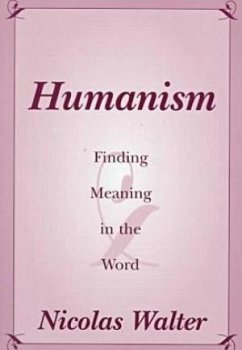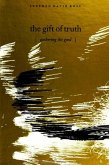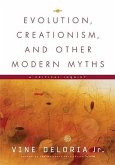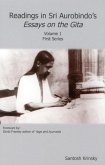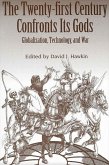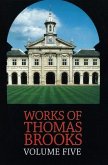The definition of humanism has been a subject of diverse interpretation almost since the movement began. Some people have been called or call themselves humanists without any clear understanding of what it means. Different factions have arisen such as religious humanists and secular humanists, groups that have often disagreed over matters of definition, but are one in their advocacy of the basic goals. But what is a humanist? And how are we to distinguish the various stripes of humanists? More importantly, how are we to separate humanism as humanists understand it from that which is criticized by the far right? After an introduction to the earliest ideas of and terms for humanism in the ancient world, noted humanist Nicolas Walter gives an account of the original appearance and first meanings of "humanist" in the Italian Renaissance and of "humanism" in the German Enlightenment, and a survey of varying uses by diverse groups and individuals, until the gradual adoption of the term by the early freethought movement and the eventual establishment of a new humanist movement. Drawing on personal experience and information from more than 400 sources, this is the first full-length treatment of the subject, concluding with a manifesto of modern humanism.
Hinweis: Dieser Artikel kann nur an eine deutsche Lieferadresse ausgeliefert werden.
Hinweis: Dieser Artikel kann nur an eine deutsche Lieferadresse ausgeliefert werden.

